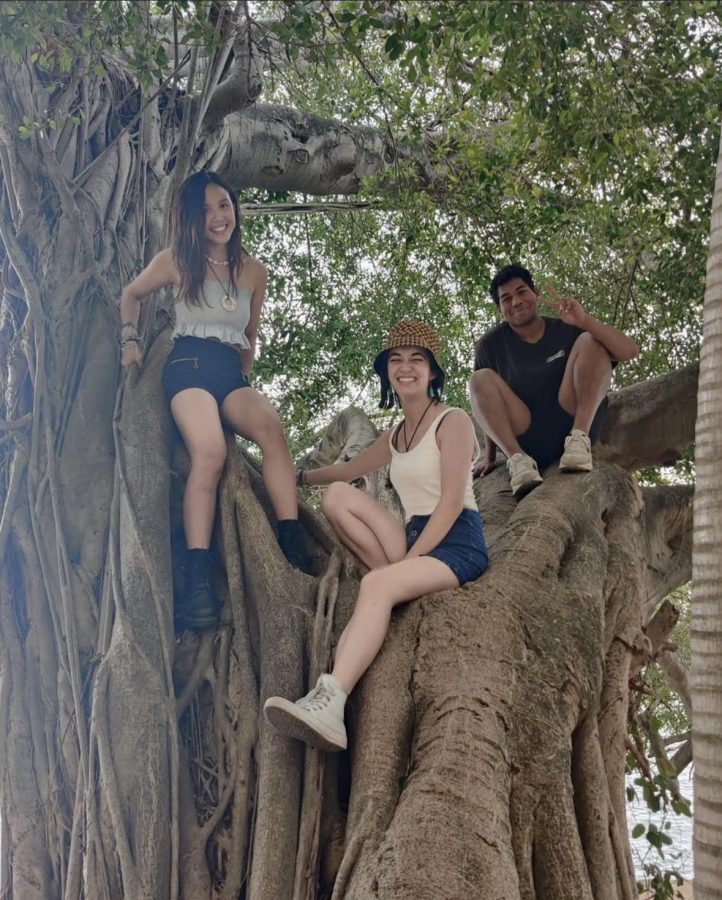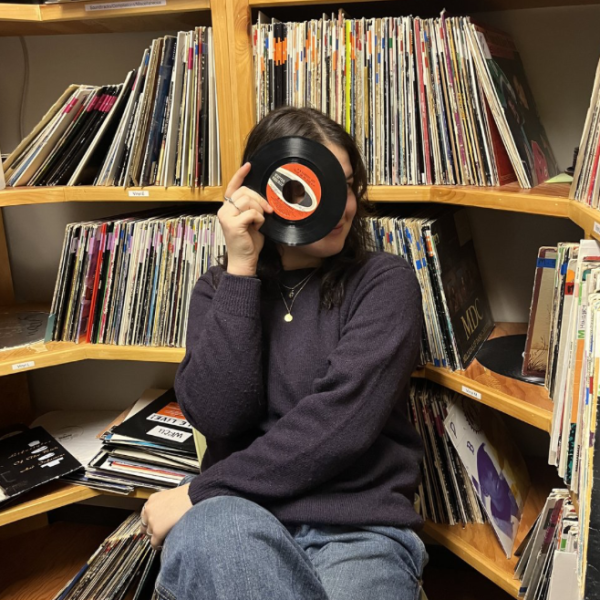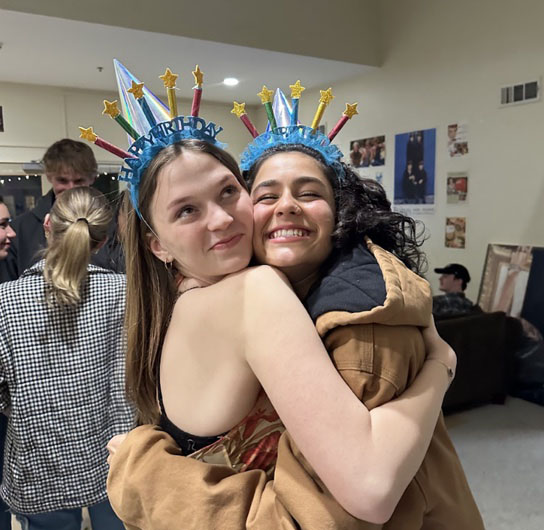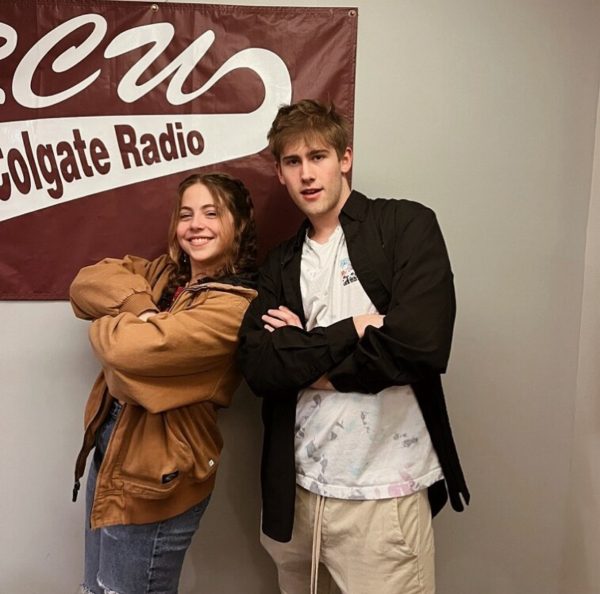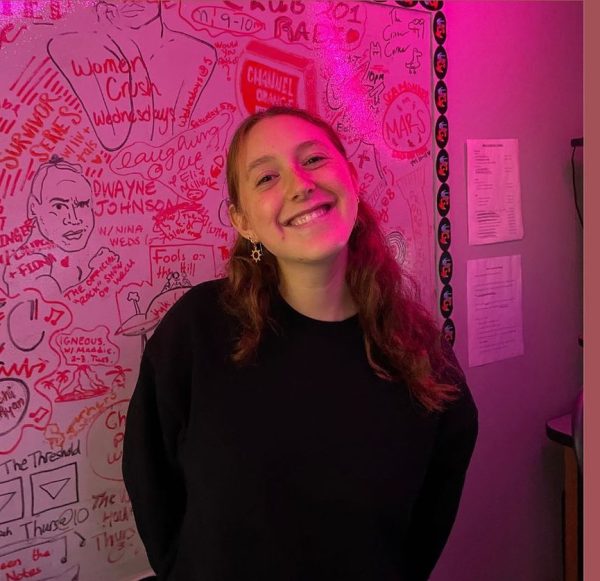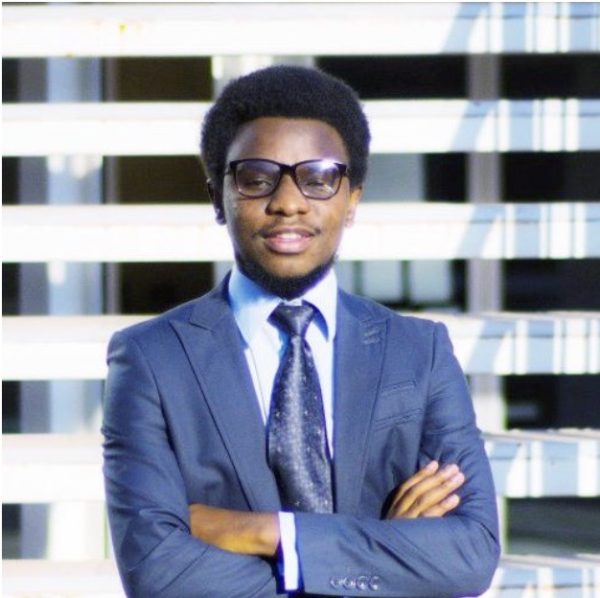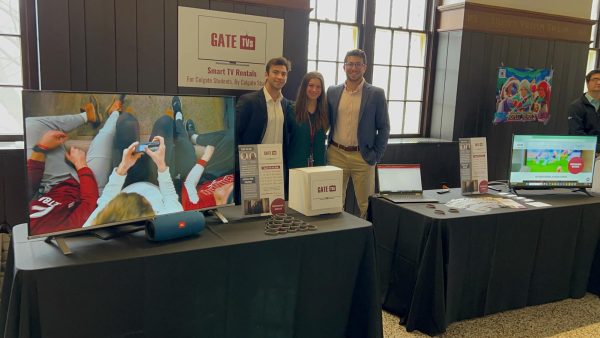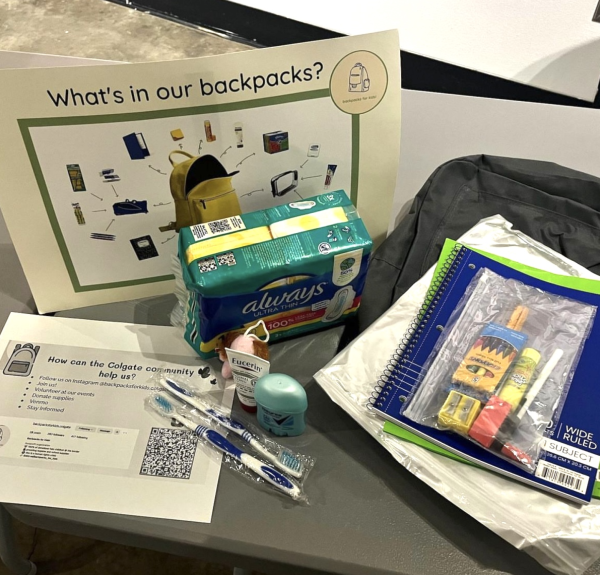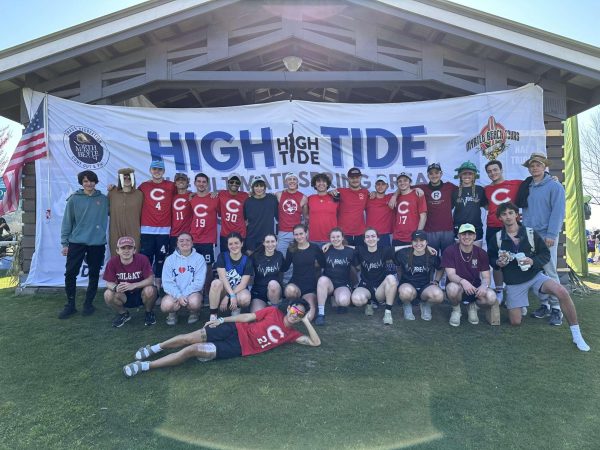SRS Puerto Rico: Interrogating Colonial Relationships
Colgate University offers rising sophomores the chance to apply to the Sophomore Residential Seminars program (SRS), which combines a specialized on-campus class with group trips related to the material. One SRS class offered for this past fall semester was CORE158 Puerto Rico, taught by Associate Professor of LGBTQ Studies; Director, LGBTQ Studies Program Professor Danny Barreto. Over winter break, the students of SRS Puerto Rico traveled to the island for a week as part of their course. In conjunction with the trip, the students spent a semester learning about the US territory.
“[The class] was about the history, culture, political identity, and the LGBTQ+ and indigenous activists of Puerto Rico,” sophomore Nathaly Tlaseca Verde said.
“We’ve studied activism and history and decolonial ideas when it comes to Puerto Rico […] There’s a lot of focus in our class on Puerto Rico as a colony in the US, and what that colonial relationship means […] what it means to be Puerto Rican as an identity because there’s also a transnational bit to it,” sophomore Ernie Nelson added.
The students spent months together in a traditional classroom setting, but it was the added dimension of seeing historical sights, landscapes, communities and political trends first-hand that solidified the interdisciplinary nature of the class. All of the work the students did in the fall helped prepare them for their experiences on the ground in Puerto Rico and enabled them to see the overlapping and interconnected parts of Puerto Rican life and culture.
“I was able to identify a lot of the ongoing political turmoil through the artwork on the streets and a lot of references towards famous Puertican activists. Professor Barreto also warned us about the rapid gentrification in Old San Juan and the class was able to see firsthand how rich people are reaping the benefits of cheap property,” Tlaseca Verde said.
Sophomore Isma Abdur-Rahmaan added, “Being a CORE class, I think it was really important because we got to dive into one specific place, and it was really amazing how we got to visit that place at the end of learning [about] it, and while we were there we were able to keep learning and see how those themes from our class were connected through our own experiences on the island.”
The students spent eight days in Puerto Rico, traveling to different parts of the US territory. They stayed in hostels and apartments throughout the trip, experiencing the variety of geography and varying levels of urbanization present on the Island.
“The trip was split into two distinct parts, the city and then the countryside out west. The first half of the trip, we stayed in San Juan where we went to neighboring areas such as Old San Juan, El Yunque, Loíza and Piñones. Then the other half of the trip we spent in Rincón, [and] before making our great departure we went to the amazing Camp Tabonuco in Jayuya. During our time in Rincón and other neighboring areas, we went to the city of Mayagüez and San Germán,” Tlaseca Verde explained.
Nelson and Abdur-Rahmaan both mentioned group excursions to a farm and to a bioluminescent bay as some of the most incredible experiences of the trip.
“Jayuya was honestly the most incredible day of the trip,” Nelson said. “We went to a farm and we did a little hike around the farm and were encouraged to notice plants and we ate a lot of plants as we were walking: berries, edible flowers, stuff like that, coffee beans. And then we were also collecting plants for pigment [so that we could make] watercolors out of naturally derived pigment.”
The group also had free time to explore and to enjoy the tropical climate, including the beautiful beaches surrounding the Island. They met with Puerto Rican poet Raquel Salas Rivera, whose work they’d studied in class, and had the opportunity to work with a mutual aid group. The students of SRS Puerto Rico studied and experienced countless facets of Puerto Rican life and culture, and formed relationships on the trip that were just as valuable.
“They’re some of my closest friends now. Like when my professor says ‘hey, let’s have dinner tonight,’ [to the class] he says, ‘let’s have family dinner,’ because we’re like a little family now,” Nelson said.
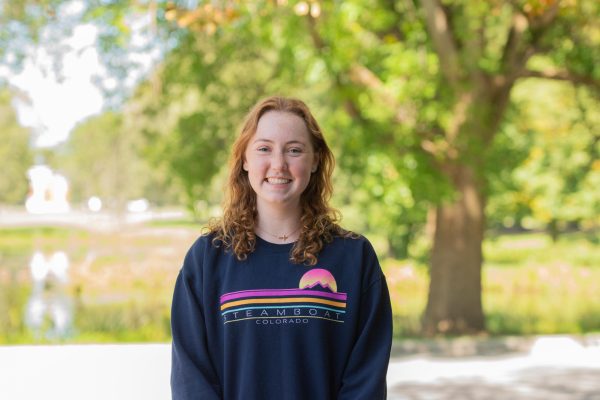
LJ Coady is a junior from Houston, TX concentrating in political science with minors in history and religion. She has previously served as a writer for...


